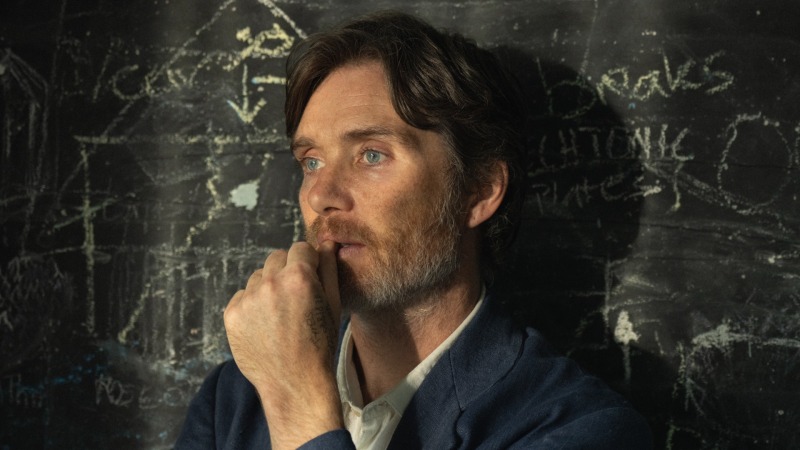Steve Hands Cillian Murphy a Half-Baked Character Study

Steve is a strangely straightforward title for a movie that seeks complexities and complications in an ensemble of characters, sometimes to the point of fussiness. It’s like a TV pilot poorly dressed up as a character study. The title refers to the head teacher (Cillian Murphy) at a small residential school for at-risk youth in England, understaffed with dedicated professionals who must, as Amanda (Tracey Ullman) describes at one point, serve as “prison guard, battle axe, nurse, and [parent]” near-simultaneously.
She’s explaining this to a documentary camera crew bustling around the school’s grounds, an additional stressor on the movie’s one-crazy-day structure – for the characters, and also formally, on the overburdened film we’re watching. Director Tim Mielants already uses a lot of documentary-style handheld camera, which blends too easily with the explicitly fake-doc video footage captured by the camera crew, the video texture of which is the first tipoff that the movie is set in the ’90s. (It’s the spring of 1996, we eventually learn.) The visual style of the movie quickly becomes cluttered.
The whole notion of the film crew is somewhat baffling given where the story eventually goes. They pull focus from the student and staff characters, are seen behaving unprofessionally, capture an ill-fated photo op with a local politician, and then … pretty much nothing. They disappear from the movie, as Steve and Steve both move on to more pressing matters. Their main function appears to be the solicitation of some direct-to-camera exposition prompted by inane and decidedly uncinematic questions. (Describe yourself in three words? Have these people made a movie before?) There are some funny scenes of the students answering the questions, but surely these characterizations could have been accomplished by observing them interacting with each other. It’s as if the movie considers its own subjects insufficiently dramatic without some prodding.
-

-

-

-

-

-

-

-

-

-

-

-

-

-

-

-

-

-

-

-

-

-

-

-

-

-

-

-

-

-

-

-

-

-

-

-

-

-

-

-








































